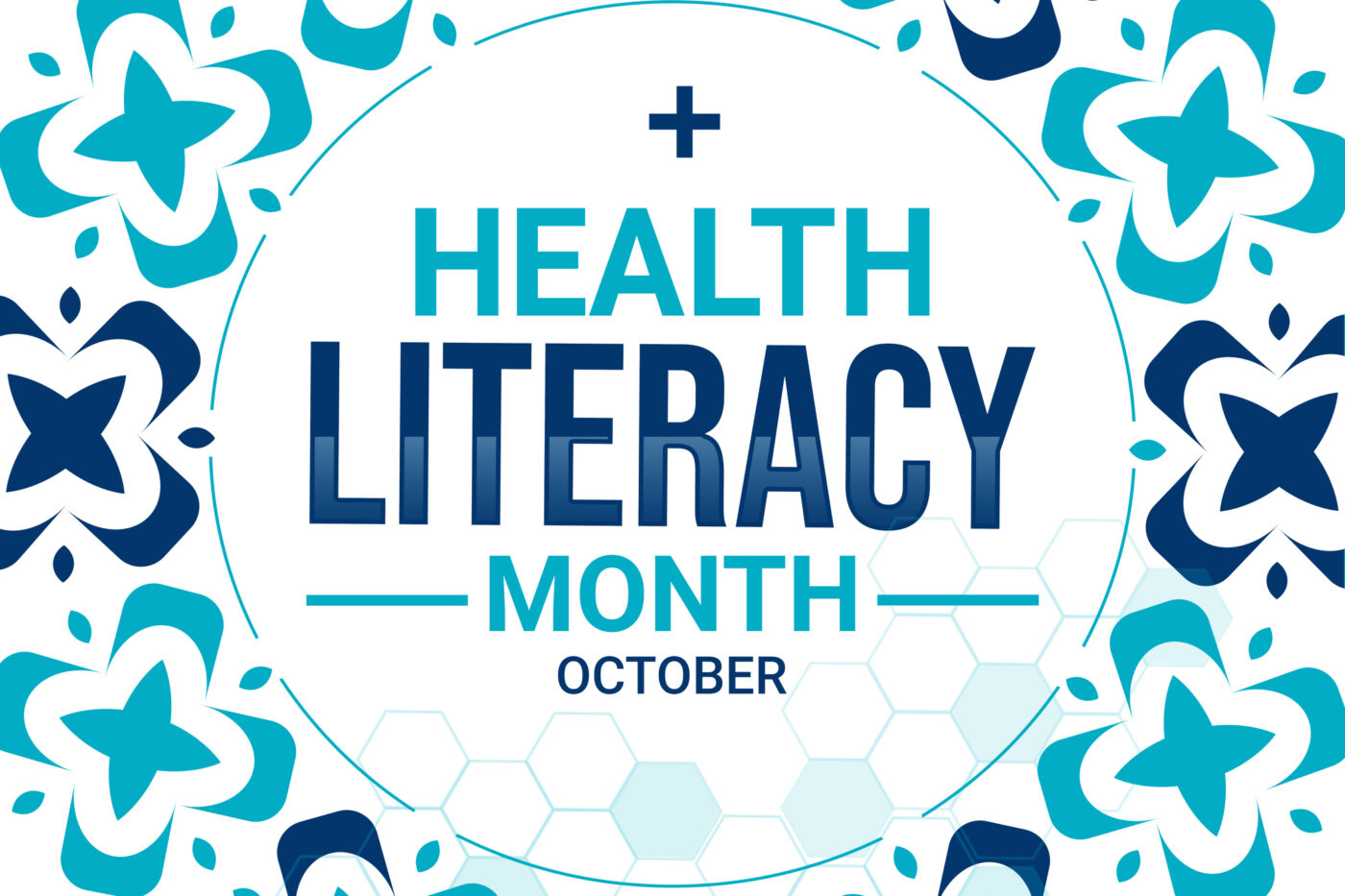Starting a mental health internship can be quite a challenge. You’re about to get into a world that involves therapy, client care, and professional growth. However, it’s hard to know exactly what to expect.
Don’t let this uncertainty leave you tossing and turning in bed. This article is here to help make sense of the expectations and preparation so you can make the most out of your mental health internship.
What to Expect During a Mental Health Internship
Here’s what you should be ready for:
Diverse Learning Experiences
Studies show that more than one in five people in the US live with some form of mental illness. As a mental health intern, you may encounter a few of these cases.
Some people may be having anxiety attacks and depression; others may be having more complex conditions like bipolar disorder or PTSD. This exposure helps you get a deeper understanding of how different mental health problems manifest in real life.
You might also get to shadow a therapist during a one-on-one session one day, and the next, you could be observing a group therapy session. Keep an open mind and you’ll end up learning from each and every experience.
Emotional and Mental Challenges
You’ll witness people sharing their struggles and traumas and getting vulnerable. You’re human, and there’s a chance you’ll feel drawn in and to feel affected by their stories. At times, you might find it even hard to shake off certain emotions after a session.
The key is to develop strategies for managing your own emotional well-being. This could be as simple as journaling after a tough day or making time for a hobby that relaxes you.
Professional Growth and Networking
The mental health and wellness career world is looking good. Stats show that different careers in the health and wellness fields are set to grow at a higher than average rate between 2022 and 2032.
So, take networking seriously. Connect with professionals who can guide you long after the internship ends. These mentors and colleagues can share great insights into the mental health field, offer career advice, and maybe even introduce you to job opportunities down the line.
Ask questions, seek feedback, and take the initiative to learn from them. Even casual conversations in the breakroom can turn into golden opportunities for advice or mentorship.
How To Prepare for a Mental Health Internship
Here’s how to get ready:
Academic and Practical Knowledge
You’ve got to build a strong foundation in both academic theory and practical skills. If you’ve taken classes in psychology, counseling, or social work, you already have a good start.
But it’s not just about what you’ve learned in the classroom. Knowing how to talk to clients, read body language, and handle sensitive information are all part of the job. If you can master communication and empathy early on, you’ll be miles ahead when your internship begins.
Personal Resilience and Self-Care
About 57% of health workers experience burnout. To reduce the odds of it catching up with you, you’ve got to come up with coping mechanisms. Ask yourself: “How do I handle stress? How do I bounce back from emotionally draining days?”
You can start by developing daily self-care routines that help you recharge. These small actions can make a big difference in your ability to stay grounded. Practicing mindfulness can also help you stay present in the moment. This can be a valuable skill when working with clients.
Pro Tip: Try to set boundaries between work and personal life early on. When you leave the office, make a mental note to switch off “work mode” and focus on activities that help you relax and disconnect.
Effective Application and Interviewing
Your resume and cover letter should be tailored specifically for the role. So, highlight relevant coursework, previous experience, and any volunteer work in mental health or related fields. Make sure to demonstrate your passion for helping others and your eagerness to learn.
When preparing for the interview, research the organization thoroughly. Understand their mission, the population they serve, and what kind of therapies or services they offer. Be ready to explain why you’re interested in their specific program, too, and how your background aligns with their work.
Pro Tip: Practice mock interviews with a friend or mentor. This will help you feel more confident when answering common questions like, “Why do you want to work in mental health?” or “How do you handle stressful situations?”
Final Thoughts
A mental health internship is one incredible opportunity to learn, grow, and shape your career path. Getting prepared for this stage of your career can go a long way.
You know what’s even better? Working with a partner who understands your health journey. We at International Medical Aid have resources at hand that can guarantee you the best internship experience that can define your career. Browse our website and settle for a program that fits just right with your career goals.





